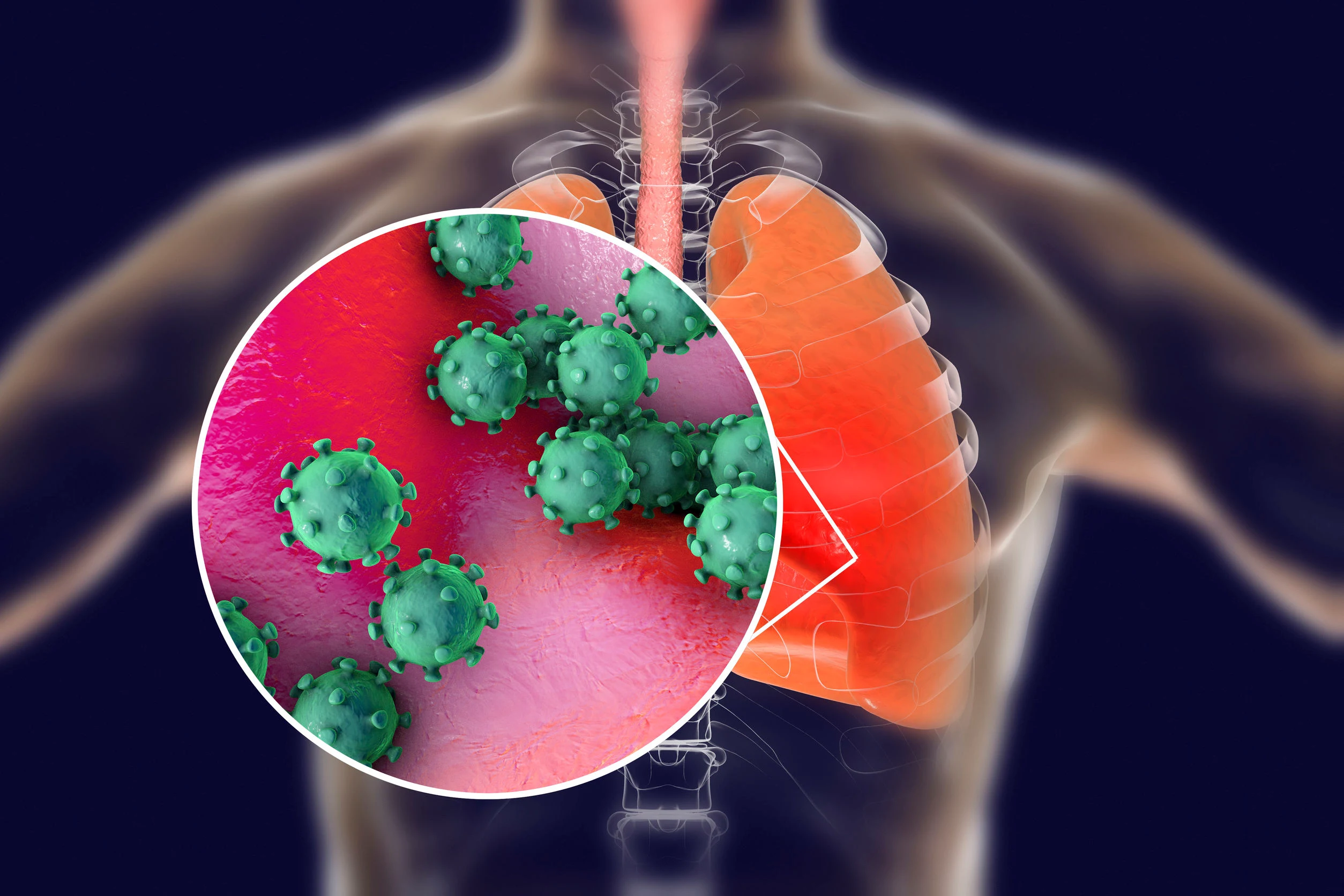H5N1 Bird Flu Pandemic Symptoms: After the Corona epidemic, the world is facing the threat of another epidemic. This disease can prove to be 100 times more deadly than Corona. Global experts are fearing a bird flu epidemic. Experts say that this could be more devastating than the Covid-19 crisis. The special thing is that the H5N1 strain can pose a particularly serious threat in this epidemic. Virus researchers have indicated that H5N1 is coming 'dangerously close' to sparking a global pandemic, according to a recent briefing.
Bird Flu Symptoms and Treatment
After COVID-19, the condition starts getting worse as soon as we hear the name of the epidemic. Now experts say that this can cause a disease 100 times more dangerous. To avoid this, you should eat milk and eggs like this.
The whole world has seen the orgy of Corona. But experts have now told about a disease that can prove to be 100 times more deadly than Corona. The most surprising thing is that it is already among us and is changing its form recently. Ignoring it can be fatal because humans have not developed immunity against it.
According to the report, the bird flu epidemic can be 100 times more dangerous than Covid. The scary thing is that half of the patients who fall ill with it are in danger of dying. This information was given to the media by famous bird flu researcher Dr. Suresh Kuchipudi. H5N1 bird flu can infect all mammals including humans.
10 big things related to H5N1
- H5N1 is getting 'dangerously close' to sparking a global pandemic.
- A Texas dairy farm employee has tested positive for the virus.
- H5N1 infection spreads rapidly between animals and humans.
- Infection has been reported in 12 herds of cows in six states in the US and three cats in Texas.
- Cats died due to infection.
- The bird flu strain has already shown the ability to infect mammals, including humans.
- According to data collected by the World Health Organization since 2003, the mortality rate from this virus is 52 percent.
- After 2020, about 30 percent of people infected with the new strain of H5N1 have died.
- The White House and health experts are urging increased vigilance and preparedness.
- Measures are being taken to monitor and address the bird flu outbreak.
Be careful while eating these things
Experts are scared about bird flu because a person from Texas recently got this viral infection by drinking milk from a cow. Because this virus was inside the cows. If there is a risk of bird flu around you, then consume food items coming from animals after cleaning and cooking them thoroughly. Eating undercooked or raw foods like milk, chicken, and eggs can cause this infection.
There is no immunity in humans
According to the report, bird flu is a serious concern. Because it can spread rapidly from wild animals to pets. The EU's Food Safety Agency (EFSA) says that humans have not developed immunity against it, so its consequences can be many times more dangerous.
462 people have died so far
According to the report, data from the World Health Organization was presented. According to this, from January 2003 to February this year, some 887 people have fallen victim to this virus. Out of which 462 have lost their lives. Although it is rarely seen in humans so far, it can become an epidemic at any time due to strain mutation.
What is H5N1 bird flu?
H5N1 flu is also called avian influenza or bird flu. It is a subtype of influenza A virus that primarily preys on birds. Although it spreads more in poultry, it can also pose a threat to humans and other mammals.
Method of spread and symptoms of bird flu
The virus spreads through direct contact with infected birds or their droppings or through contaminated surfaces. H5N1 flu can cause serious respiratory disease in humans. Which can cause fever, cough, sore throat, pneumonia, and acute respiratory distress syndrome (ARDS). The risk of dying from H5N1 infection in humans is much higher than from other diseases.
Way to avoid bird flu
- Avoid getting close to sick or deceased birds and their droppings.
- Cook poultry products thoroughly to kill viruses.
- Take care of cleanliness by washing hands frequently with soap and water.
- Wear personal safety equipment when handling sick or dead birds.
- "Remember to wash your hands before touching your mouth, nose, or eyes."
- When you sneeze or cough, make sure to cover your mouth and nose.
- Follow the information and guidelines issued regarding the H5N1 outbreak.
- Seek medical help if possible symptoms of the H5N1 virus appear.
Also Read: Do You Know That H5N1 Infections Are 100 Times More Dangerous Than Covid?








